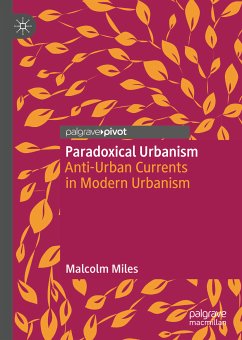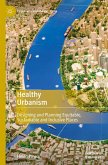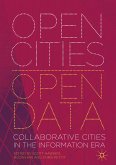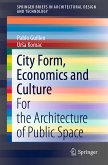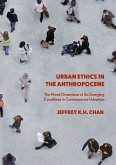'Paradoxical Urbanism takes us far away, through competing versions of history, different cities read by different disciplines, takes us into many possible pasts and futures. By doing so, the book asks awkward questions about our cities now-and in the new, C-19 now and whatever might follow, these awkward, complex questions are more pressing than ever. Malcolm Miles sets out a persuasive and pressing case for an alternative and contemporary urban imaginary.'
-Dr Stephen Walker, Head of Architecture, The University of Manchester
'Malcolm Miles has a very nuanced way of writing. His books are never about convincing the reader to a particular argument, instead he prefers to look for cracks in existing discourses and build intricate hypotheses. This beautiful book distinctively discusses the anti-urban tendencies inherent in modern urban theories and practices. It is written for independent thinkers and is a great intellectual pleasure to read.'
-Dr Krzysztof Nawratek, School of Architecture, The University of Sheffield
Modernist urbanism seems progressive, even Utopian: design for a better world through a democratic and humane built environment. But two currents undermine this vision from within: an Arcadianism which turns to a rural idyll as retreat from change and the effects of industrialization; and an instrumentalism by which the humane vision becomes prescriptive and anti-democratic. Malcolm Miles argues that these two currents undermine modernism's progressive vision. This book examines the roots of modernist urbanism in the seamless, self-contained systems of Cartesian space; and identifies contradictions within modernist urbanism in its instrumentalism and reliance on de-politicised professional expertise. Miles adroitly reviews the postmodern culture of industrial ruinscapes; and posits that if cities are to be places of proximity, diversity, mobility and agency, this will require a move from modernist instrumentalism to a creative and radically democratic co-production of the built environment.
Dieser Download kann aus rechtlichen Gründen nur mit Rechnungsadresse in A, B, BG, CY, CZ, D, DK, EW, E, FIN, F, GR, HR, H, IRL, I, LT, L, LR, M, NL, PL, P, R, S, SLO, SK ausgeliefert werden.

